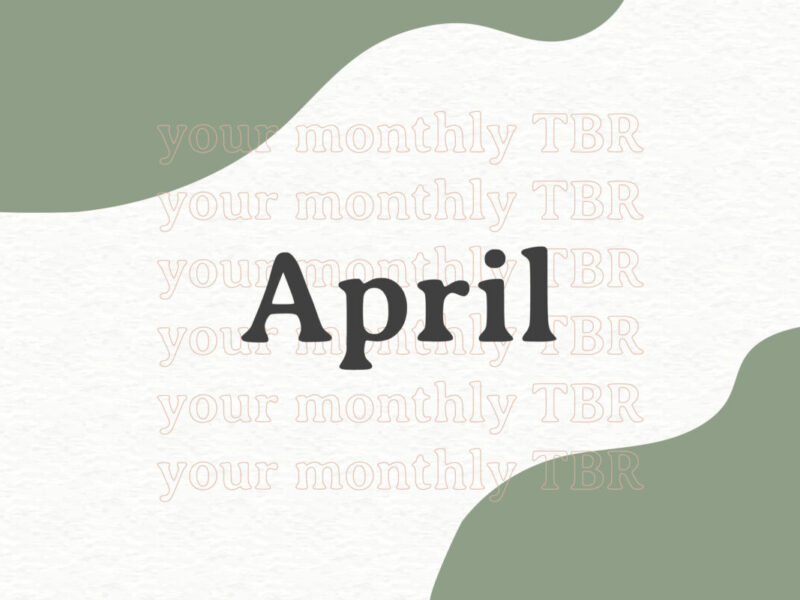6 Ways to Set Intentions and Practice Manifestation Through Poetry
Reaching our goals and living the lives we’ve always envisioned can seem daunting. Luckily, poetry can be by our side through this often confusing and long process and can help us with an important initial step—identifying what we want and need in the first place. Coming to terms with goals and desires often involves inner work, reflection, and space away from daily demands, all of which poetry provides. Think of your writing practice as a powerful, ever-evolving vision board, and follow these tips to get started.
1. Write an epistolary poem to your past, current, or future self.
You won’t always be where you are now, and exploring different timelines and realities through poetry can be one of the best ways to internalize this vital and inspiring truth. You can approach this exercise in various ways. Consider reflecting on how far you’ve come and writing an epistle—or a poem in the form of a letter. This can help you realize that if you’ve reached major milestones before, then you can do so again. You can also write a letter from your future self to your current self, imagining where you’ll be and offering encouragement and grace to the current you who’s striving to get there.
2. Try writing a persona poem to channel a character trait or perspective you’ve always wanted to develop.
Stepping into a character—as writers do in a persona poem—can make it easier to embody traits or perspectives you’ve struggled with, but have always aspired toward. For example, if you want to be more confident, you could write an ode to yourself in a bold, self-assured voice exuding self-love. Even if it doesn’t feel totally natural, it’s a practical tool that may help you get closer to that eventual milestone.
3. Include specific imagery in a poem to help you envision your goals or dreams.
Oftentimes, details play a key role in manifestation. If you’re a poet, you probably have experience with building rich imagery or incorporating sensory details into your poetry. These vivid details can make your goals clearer and therefore easier to realize. If you’d like to be in a healthy relationship or partnership, write about what a day in the life of that relationship would look like. If you’re manifesting a dream job, what does that job look, sound, and feel like?
4. Conversely, try writing with a general emotion or sentiment in mind.
Your approach to manifestation depends on what type of person you are. If you often struggle to define your goals, highly specific manifestation might help most. However, if you get tunnel vision when working toward your ambitions and put too much pressure on yourself, zooming out may be a healthier and much-needed tactic. For instance, instead of writing about exactly where you’d like to live or what career you’d like to have, write about how you want to feel on a day-to-day basis. This can lead you to a more holistic vision of happiness, contentment, or inspiration—and can help you keep in mind that there are many different paths to finding it.
5. Read poetry that embodies and reflects your ambitions or desires.
Manifestation through poetry isn’t just about writing, it can also be about reading more of your favorite genre. Wanting to move to your dream city? Read poetry set in that locale. Wanting to learn something new, like a second language or how to paint? Read a poetry collection in translation or a collection of poetry about art.
6. Make a list and timeline for your poetry practice, and outline each step.
While some of these suggestions are more applicable to your general lifestyle, you can also use manifestation to identify and meet your writing goals, in particular. Think about generating a list of poetry journals and magazines you’d most like to get published in, contests you want to enter, or poetry slams you’d like to perform at. Then get more specific and set goal posts: If you want to submit a strong manuscript to a contest with a deadline two months out, how many poetry revisions do you need to work on per week? If you want to form a writing workshop, which individual contacts and fellow writers will you reach out to?
You’re one step closer to living your dreams with the help of poetry. Here at Read Poetry, we’re sending you all the good luck, good vibes, and confidence—keep going!




